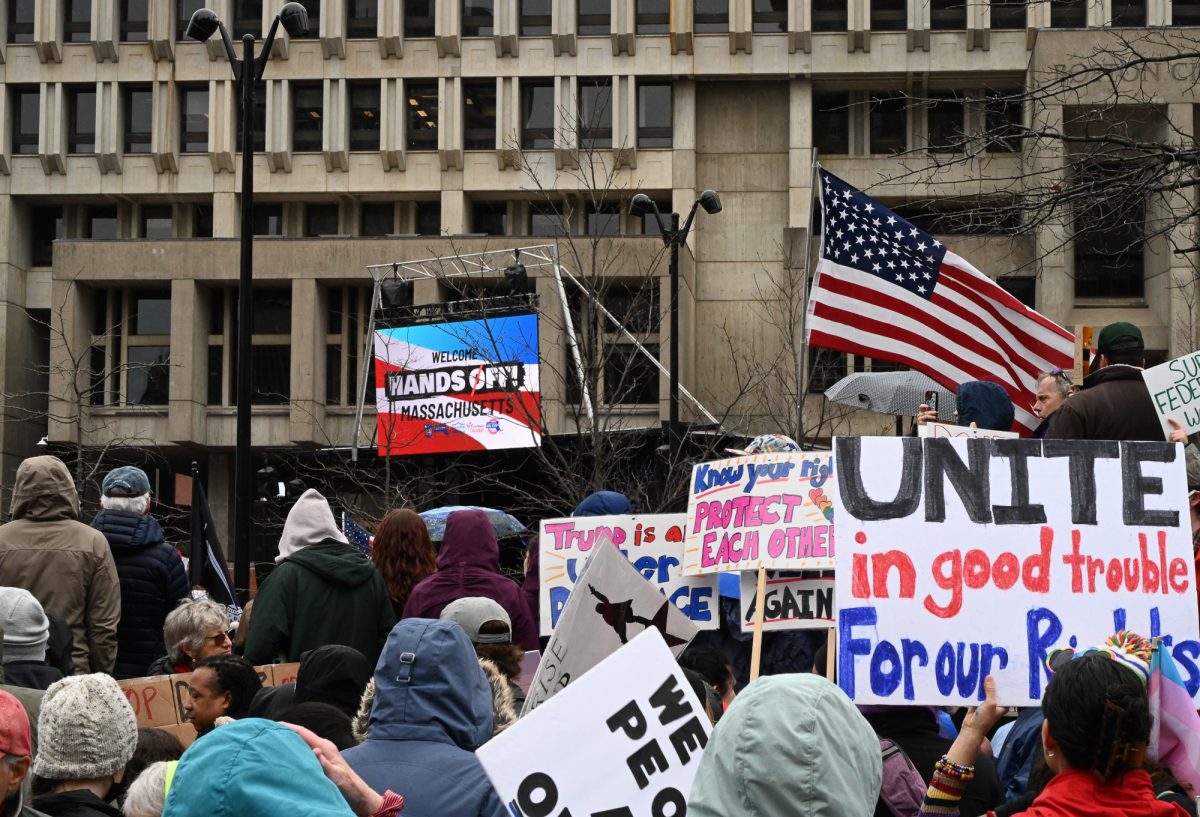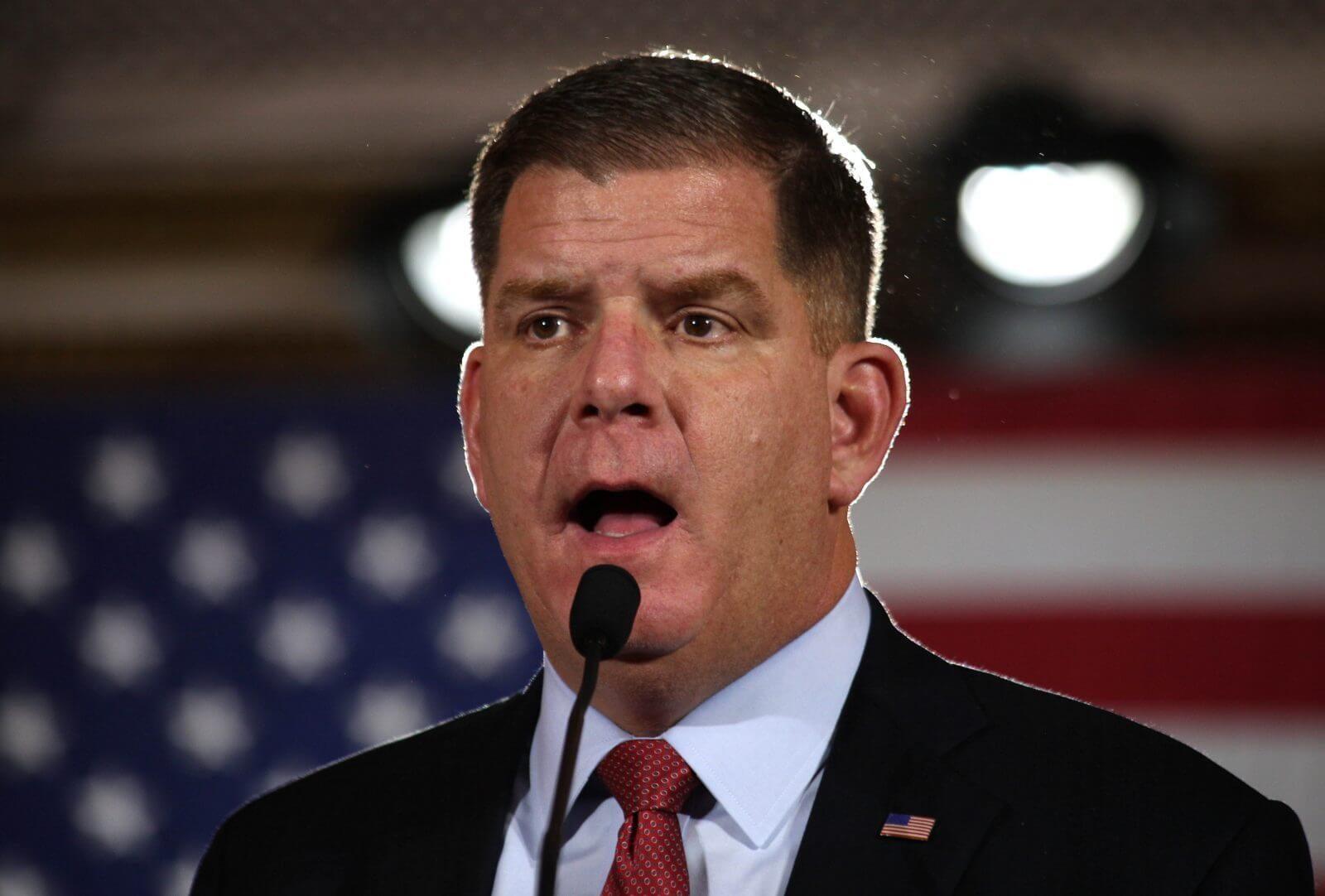John Kerry announced Sunday the United States would be extending an additional $250 million in aid to Egypt, marking his first major action as U.S. Secretary of State amid major sequestration cuts for domestic programs.
“The United States is committed to providing direct support to key engines of democratic change in Egypt, including Egypt’s entrepreneurs and its young people,” Kerry said in a press release Sunday. “We will make investments as well in Egypt’s young people by funding a higher education initiative to help students, especially women, earn undergraduate and graduate degrees in science, technology, engineering and business.”
Kerry continued by outlining the purpose of this aid and assured the American people that the new regime will prove its commitment to reform.
“I encouraged [Egyptian] President [Mohammed] Morsi to implement the homegrown reforms that will help his country secure an IMF agreement, put Egypt on the path to establishing a firm economic foundation and allow it to chart its own course,” Kerry said. “[Morsi] agreed and said that he plans to move quickly to do so.”
The announcement was made only days after the announcement that the United States government would be making more than $85 billion in cuts mandated by the sequester. In light of this and the ongoing economic troubles, a number of voters said they question whether this aid is justified.
Erik Goldstein, a professor of International Relations at Boston University, said issuing aid could be mutually beneficial to the United States and the beneficiary country.
“The U.S. is trying to move cautiously in the region and wait to see what direction the new Egyptian government takes,” Goldstein said. “The United States has a vested interest in maintaining stability in the Middle East, which can potentially be a very volatile region. So I think an assessment has been made that this will help foster stability, which in the long term might be cheaper for the United States.”
Others said U.S. financial commitments to foreign entities were unwise in the current economy.
“It just doesn’t make sense to me that we would be giving aid, given all the problems that we have at home right now — the unemployment we have and the weak economy,” said Justin Cuny, a 35-year-old Jamaica Plain resident.
Ian Howely, 21, a student at the Art Institute of Boston, also said the fragile economy makes it difficult to justify distribution of foreign aid.
“I don’t think, right now, it›s the best idea, but it›s definitely really complicated,” he said. “I don’t think we have the money to be spending on something like this.”
Mary Jo Rhodes, 41, a teacher and Boston resident said U.S. officials should prioritize the removal of domestic economic issues.
“They’re cutting budgets here left right and center and telling us that we have nothing and at the same time they’re giving money to Egypt,” Rhodes said. “While I’m not saying that Egypt doesn›t need help, we need to bolster our economy before we can really help them.”


























































































































LieutentantCharlie • Mar 7, 2013 at 12:45 am
The United States is $16.5 Trillion Dollars in debt, and Obama is adding an additional $1.4 Trillion every year. Therefore we can not afford to give the TERRORIST MUSLIM BROTHERHOOD in Egypt any money and/or support TERRORISM by giving them Fighter F-16 Aircraft.